Résultats de la recherche pour : Anne Morelli
Revue de presse, 8 septembre
Moyen-Orient
"Une soixantaine d'États, des représentants d'ONG et des grandes agences de l'ONU sont mardi 8 septembre à Paris, à la conférence coprésidée par la France et la Jordanie" — Une conférence pour aider les minorités religieuses et ethniques à rester au Moyen-Orient (Anne Bénédicte Hoffner et Agnès Rotivel, La Croix)
"Un 'plan d'action' va être dévoilé mardi 8 septembre en faveur des minorités persécutées au Moyen-Orient par les djihadistes de l'Etat islamique (EI), à l'occasion d'une conférence internationale organisée à Paris, selon des sources diplomatiques" — Un « plan d'action » en faveur des minorités persécutées au Moyen-Orient (AFP, Le Monde)
Revue de presse, 7 septembre
Entretiens
"Dans son nouveau livre, 2084, La fin du monde, Boualem Sansal imagine l'avènement d'un empire planétaire intégriste. L'auteur redoute la montée en puissance de l'islamisme dans une version 'totalitaire et conquérante'" — Boualem Sansal : du totalitarisme de Big Brother à l'islamisme radical (Alexandre Devecchio, Le Figaro)
"S'il a refusé de s'entretenir avec la journaliste du Monde Ariane Chemin, laquelle a pourtant consacré une série bien garnie à l'auteur, Michel Houellebecq s'est lâché dans la presse britannique. Ces mots, c'est au Guardian qu'il les a confiés, interviewé par Angelique Chrisafis" — Houellebecq : «Je suis probablement islamophobe» (P. Sc., Le Soir)
Rapport ORELA 2014 : les religions et la laïcité en Belgique
L'Observatoire des Religions et de la Laïcité (ORELA) de l'Université libre de Bruxelles fait paraître son troisième rapport sur l'état des religions et de la laïcité en Belgique, portant sur l'année 2014. Fort de près de 100 pages, ce rapport propose des commentaires et analyses relatifs à ce qui a fait l'actualité des religions et de la laïcité en Belgique l'an dernier. Il aborde le domaine des rapports entre religion et société comme celui des relations entre l'Etat et les cultes, et ce dans un contexte marqué de forte médiatisation du religieux, de peurs autour de l'islam, de recrudescence de l'antisémitisme, de débats sur des questions éthiques, entre sécularisation de la société et retour institutionnel des religions. Il met en particulier en évidence la diversité culturelle et convictionnelle que l'on rencontre dans la Région de Bruxelles-Capitale, contrastant souvent avec la situation connue dans les autres Régions du pays.
Revue de presse, 3 septembre
Belgique
"Charles Michel, Jan Jambon et Bart De Wever sont partis à la rencontre de la communauté juive d'Anvers pour parler sécurité" — Sécurité des Juifs : «Des mesures à la hauteur des menaces», selon De Wever (D.V et M.Bn, Le Soir)
"De Joodse gemeenschap in Antwerpen kreeg bezoek van premier Charles Michel (MR) en minister van Binnenlandse Zaken Jan Jambon (N-VA). Het belangrijkste thema: veiligheid" — Michel : 'Nultolerantie voor antisemitisme' (jvt en Belga, De Standaard)
Austria
Austria has, on the one hand, a strong Catholic tradition and on the other hand, has had long experience in coping legally with religious pluralism, due to its geopolitical position in the center of Europe, which created a multi-confessional society in earlier times. Over the last decades this system has expanded, but has also been subject to multiple challenges from developments which are partly converging and partly conflicting: an on-going secularization, a steady increase in religious pluralisation mainly ensuing from a growing number of Muslim and Orthodox immigrants — as well as Catholics with a foreign cultural background —, new forms of spirituality and a growing public interest in religion.
Czech Republic
The history of Christianity in Czech lands goes back to the 9th century when prince Bořivoj I. was baptized. In the early 15th century, Jan Hus, a reformist priest and predecessor of the Protestant movement, was burned for heresy against Catholic doctrine. This initiated the Hussite movement (also known as the Czech Reformation) that introduced Protestantism into Czech lands. After 1620, the Habsburg-led Counter-Reformation strived for the suppression of Protestantism and the (largely successful) re-Catholization of the Czech population. From the late 18th century on, more space was opened for Protestant denominations; however, Catholicism remained the dominant religion in Czech lands.
France
France is usually thought of as the embodiment of laïcité (secularism). However, the struggle to both reach a generally accepted understanding of it, and to implement it, is ongoing. The immediate past has highlighted tensions due to religious beliefs and practices in French society, whereas recent social and religious evolutions also have an impact on laïcité. Laïcité is nowadays an important topic in French public debate: according to the catalogue of the Bibliothèque nationale de France, in 2014 no less than 11 books contained the word in their title, whereas newspaper Le Monde recently also dedicated a newsletter to it. Another illustration of this reality is the formation, by the government, of a monitoring group on secularity, the Observatoire de la Laïcité, which was created in 2007 by president Jacques Chirac and fully set up in 2013 by president François Hollande and prime minister Jean-Marc Ayrault. The aim of this monitoring group is to advise and assist the government in ensuring respect of the principle of laïcité. In July 2014, the Group issued a short note entitled La laïcité aujourd’hui (Secularism today), recalling the historical roots and meaning of secularism and developing ways of implementing it in contemporary society. This reflects the current struggle to reach a balance between promotion of secularism and respect of religious freedom.
Germany
For some decades now, the nature of the relations between politics and religion in Germany has been the subject of profound mutations that are linked to secularization, to the growing importance of the so-called Konfessionslose, to religious individualization and pluralization and, most importantly, to the ever increasing presence of Islam. These evolutions, which tend to question the bi-confessional protestant-catholic balance that has for long been considered an essential dimension of German collective identity, shake up the representations of a society that has difficulties imagining pluralism and confessional neutrality without any reference to Christianity. Thus public authorities have to find political and legal means of reconciling the protection of freedom of conscience and religion, the principle of State neutrality, and equal treatment of all religious communities.
Ireland
While Ireland remains a predominantly Catholic society, in recent years the Church has experienced a notable erosion in its authority and power. At the same time, other faiths are growing, and the number of atheists and agnostics is increasing steadily. Ireland is a majority Catholic society. According to the 2011 census, about 84 per cent of the population self-identify as Roman Catholic. At the same time, the Irish religious landscape exhibits considerable diversity. The Orthodox, Hindu, and Pentecostal faiths are the country’s three fastest growing non-Catholic religious traditions. The number of atheists and agnostics has grown by about 320 and 130 per cent respectively in the 2006-2011 span (All-Island Research Observatory (AIRO), PDR Table 35: Percentage and Actual Change in Population by Sex, Religion, Census Year, and Statistic).
Romania
A country of twenty million Latin-language speaking inhabitants, Romania is situated on the crossroad of different politic, religious and cultural influences. In the Moldavian and the Walachia principalities, the role of the Byzantine, the Ottoman, and the Russian Empires was essential. As for Transylvania, it was influenced by Vienna, Budapest and Rome. Unavoidably, this historic heritage is closely related to the Romanian religious situation. In ancient Moldavian and Walachia principalities, the dominant Church (87 %) is the Orthodox. In Transylvania, different denominations share the believers with the Orthodoxy: Roman Catholicism (5 %), Greek-Catholicism (Uniatism) (1 %) and the Protestantism, or more precisely Calvinism (3 %), Unitarianism (anti-Trinitarians) (0.3 %) and Lutheranism (0.5 %). Roman Catholicism, Calvinism, Unitarianism, and Lutheranism followers are mainly among the Hungarian community.





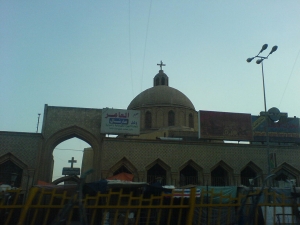
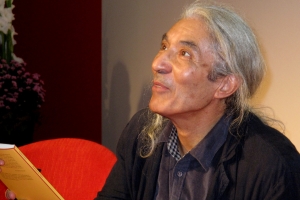
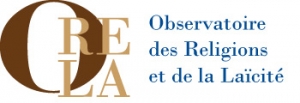

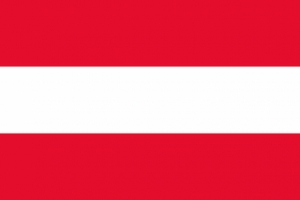
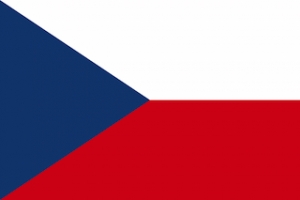
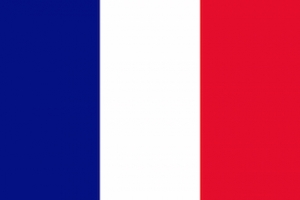
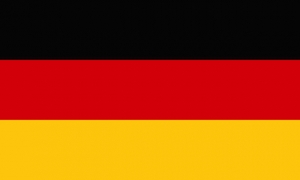
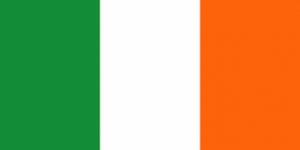
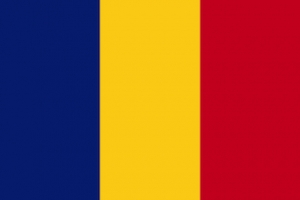
 MangoGem
MangoGem